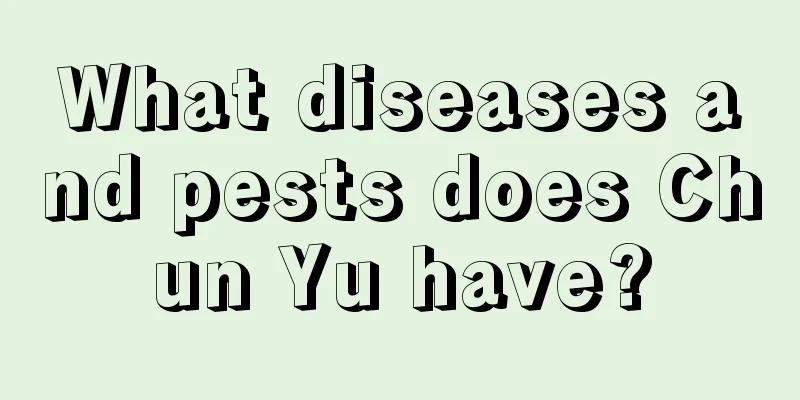How to control mealybugs on the roots of Lithops

Symptoms of Lithops root mealybugsIt is usually difficult for novice succulent growers to detect whether their plants have worms. Generally speaking, normal lithops are very hard when they are not short of water, but they may become wrinkled and soft when they are short of water. But when there are worms, it will become soft, but not squishy. The feeling is hard to describe. When a Lithops suddenly becomes limp and watering and fertilizing do not improve the condition, but instead it becomes even more wilted, it may have been attacked by root mealybugs. Conditions for the occurrence of Lithops root mealybugsMost of the time, when Lithops are infested with root mealybugs, it is because other plants were not disinfected when they were planted, and the potting soil contains insect eggs and bacteria. The eggs of root mealybugs cannot be seen with the naked eye. If old soil with eggs is used for replacement, cross infection will occur. Moreover, home cultivation is usually done in pots next to each other, and the water flowing out from the bottom holes can also cause the spread of root mealybugs. Lithops root mealybug control measuresEliminate the source of insects: New plants should be thoroughly disinfected, and it is best not to use any foreign potting soil. When pruning the roots, pay attention to check. If you find that the area around the fibrous roots is covered with white cotton-like substances, remove them in time and clean the roots. Physical prevention: If you find the above symptoms, prune the roots of the entire plant, change the pot and soil in time. Do not discard any soil containing tapeworms. Don’t be reluctant and just throw it away. When pruning the roots, remove the white powder and adult insects thoroughly. To be on the safe side, it will be better to rinse with clean water. Chemical control: one is preventive medication, the other is therapeutic medication. The most commonly used preventive medication is Furadan. Furadan is a systemic drug that can play a good preventive role against many insect pests. It can be mixed into the cultivation medium when repotting. The treatment drug you can choose is Jiebizhi, which can be easily purchased online. It is effective when combined with sprinkler irrigation. |
<<: Common Pests of Wintersweet and Their Control Methods
Recommend
Marigold planting methods and precautions
In the process of growing marigolds, the pH value...
How to propagate asparagus and what to pay attention to
How to Propagate Asparagus There are three ways t...
What fertilizer is best for June snow?
Fertilization time for June snow Generally speaki...
Why can pitcher plants eat insects?
How to Eat Bugs The reason why Nepenthes is able ...
Can the rubber tree be repotted in summer? Watering and precautions after repotting
Can the rubber tree be repotted in summer? You ca...
How to care for passion fruit
Passion Fruit Growing Conditions When caring for ...
What is the best month to plant tomatoes?
As a plant that loves plenty of sunlight, tomatoe...
How to water the red safflower
Watering tips for red safflower Salvia officinali...
When to take cuttings of petunia
How to propagate petunias by cuttings Branch cond...
All varieties of spiderwort
White spiderwort White spiderwort is a type of sp...
Causes and treatments of yellow leaves of Milan flowers
1. Lack of sunlight 1. Reason: Milan loves sunlig...
Diseases and prevention methods of Cercis chinensis
Diseases of Bauhinia: Angular leaf spot symptom A...
How to use soil plant nutrient solution and how to prepare nutrient solution for potted plants
There are many types of nutrient solutions for so...
When is the best season to prune roses (when and how to prune roses in winter)
Roses are very resistant to pruning and require c...
How to cultivate Zhaoshanbai
Water and fertilizer Zhaoshanbai likes acidic soi...









